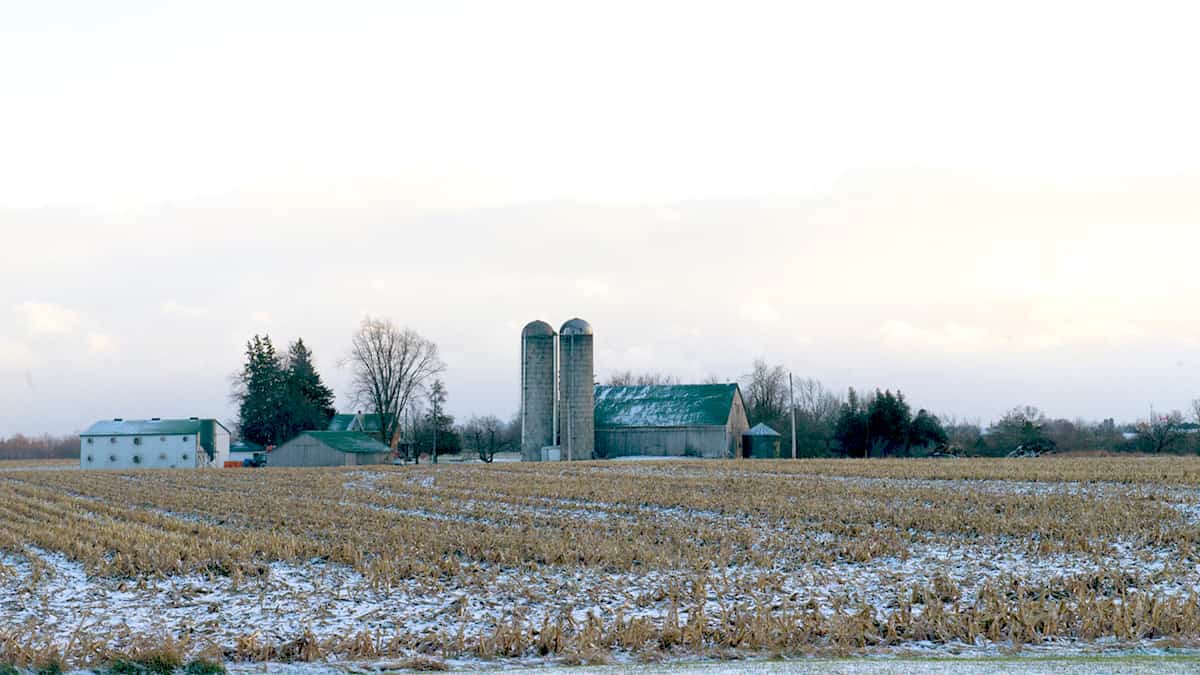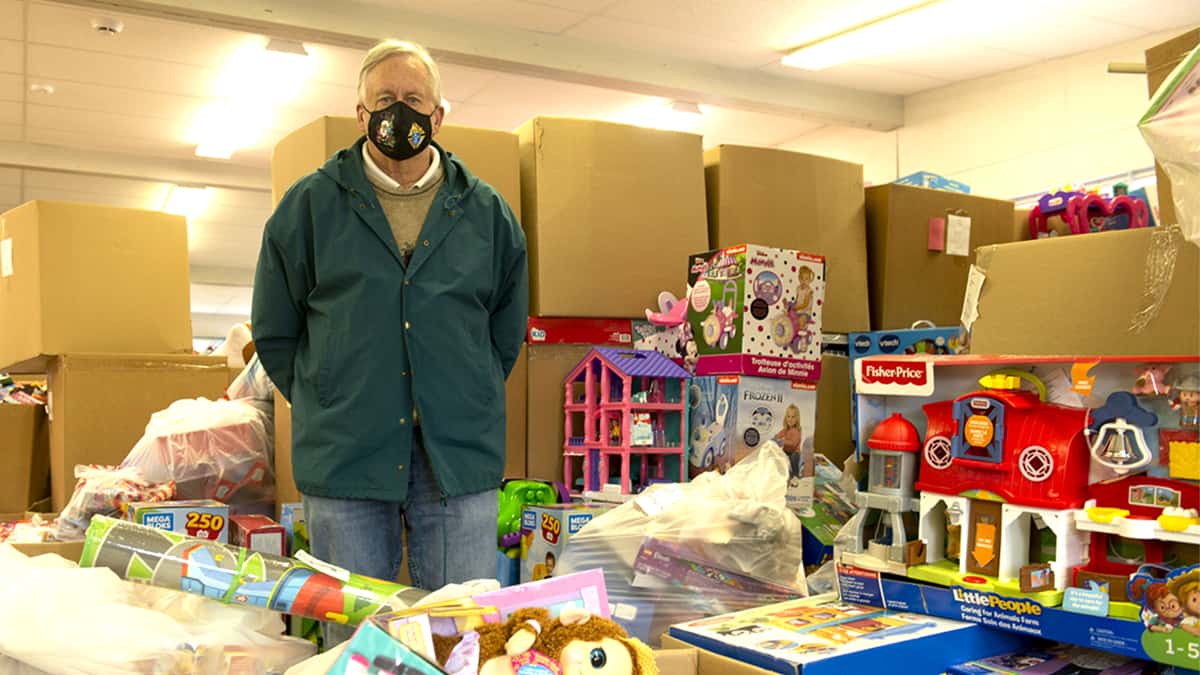The holiday season upon us, public health officials are advising Ontarians to maintain precautions, scaling back their plans accordingly. Failure to do so may result in lockdowns, Premier Doug Ford has indicated.
Holiday celebrations should be restricted to immediate household members, officials stress.
The province has issued guidelines for a safer holiday season. Among the suggestions are virtual holiday gatherings or events with family, friends or coworkers; outdoor holiday activities such as building a snowman or taking a sleigh ride with members of your household; visiting Santa Claus outdoors and taking socially distant photos with him; decorating the outside of your house with lights; and donating to your favourite holiday charity or toy drive.
The guidelines discourage in-person holiday activities involving those outside your established bubble, particularly in situations where masks aren’t being worn.
Locally, the same guidelines are being encouraged by medical officer of health Dr. Hsiu-Li Wang and Waterloo Region Chair Karen Redman, who have made similar suggestions as the pandemic had an impact on Easter, Canada Day and Thanksgiving.
“Just like all holidays so far this year, we all have to find different and safe ways to connect with loved ones and celebrate special days within the confines of our own homes. We need everyone to step up and do their part to have no social gatherings, the situation is too precarious in our community right now,” said Redman ahead of Diwali last month.
While officials are making the same suggestions, there’s a fear there will be less compliance with public health measures.
Many of the same protocols and alternatives are being suggested, but there is a belief that compliance with public health measures may be ignored as Canadians tune out the messaging.
A recent survey from Enviros Research found that trust in government and public health officials has declined throughout the pandemic. In terms of public health officials, trust has dropped to 69 per cent from 77. For the federal government, the corresponding numbers are 48 per cent versus 59 per cent, while trust in provincial governments has dropped to 54 per cent from 64.
Wang said she worries people will openly ignore or rebel against the suggestions.
“I’m very concerned. We’ve seen this unfortunately play out not only in Ontario, but you look to the Western provinces right now who [did] better in the first wave than Ontario, they’re doing worse than Ontario – it’s driven largely by people no longer complying with public health recommendations. So, they’ve also had to bring in more requirements and restrictions. And this is also what is driving our increase here. I’m very concerned and I’m just really wanting to try to make people understand, it may not affect you personally very much, especially if you’re in a younger age group, … but it actually, in fact, affects the entire community, the entire health care system and the entire economy,” said Wang.
“When COVID-19 is allowed to spread through people being in close contact with others… it spreads very, very quickly and escalates and impacts the entire community – you will have the effects that we’re seeing now.”
Even as the number of cases increase here, the spike in hospitalizations and intensive care stays are a lagging indicator, meaning we’ll see more people infected later on, she pointed out, noting the entire community feels the impact.
“It affects all the businesses, all the workplaces, all the care homes. All the types of care that can be given, the health care that can be given in the community. It affects health care workers. It affects this whole system,” said Wang. “I just want people to understand that, because I’m not sure people take it seriously enough.”









